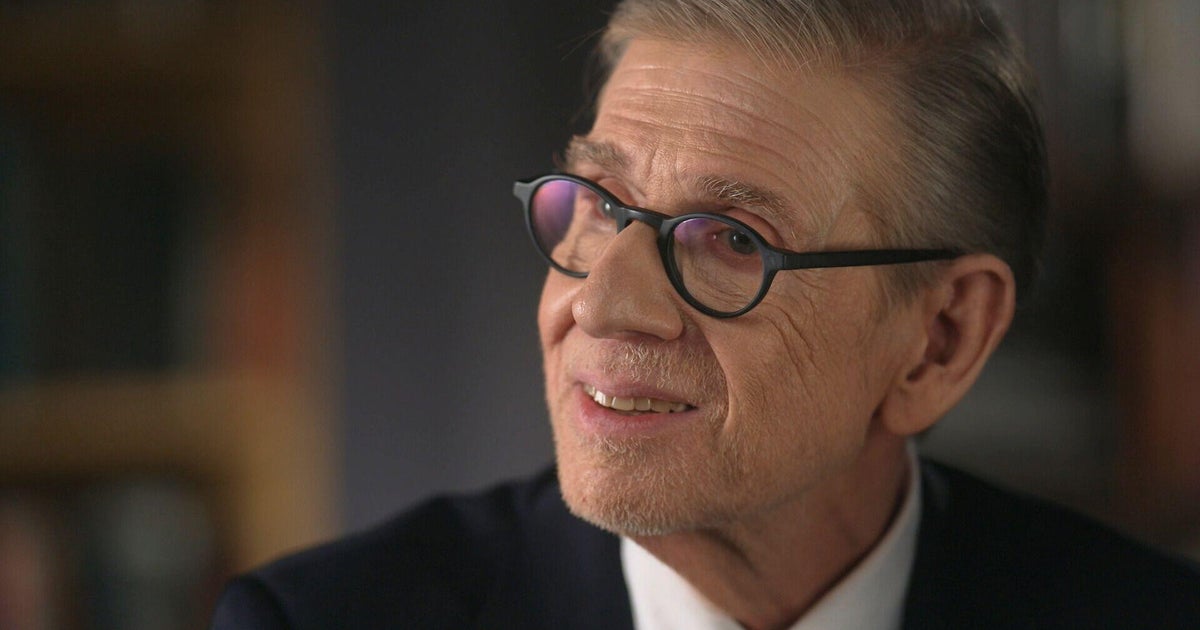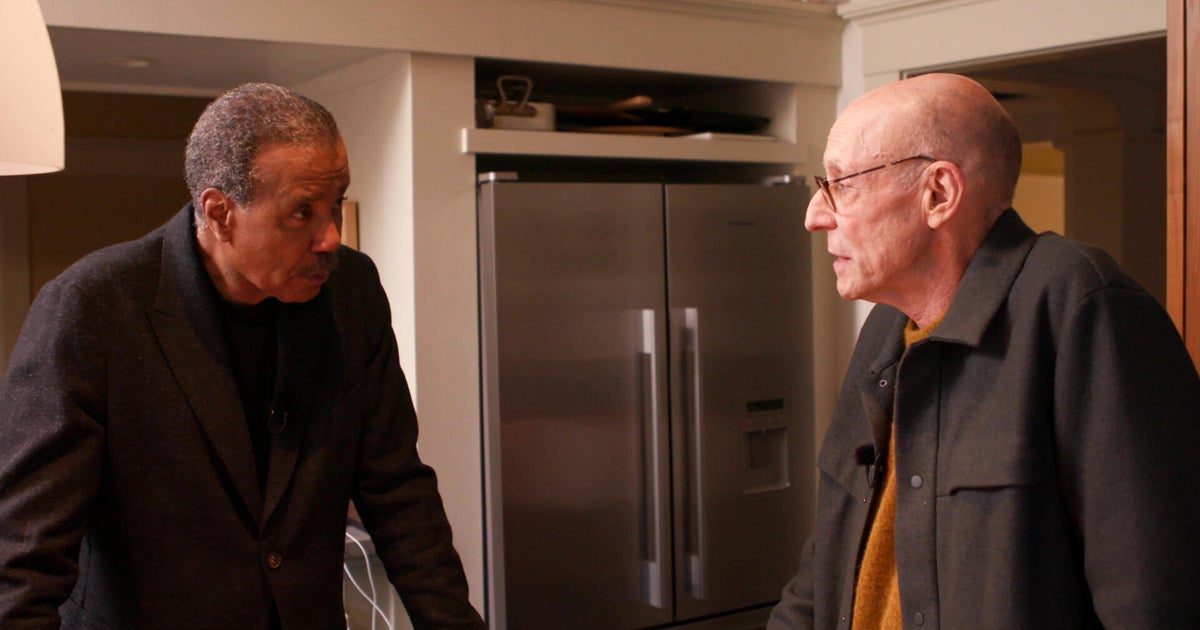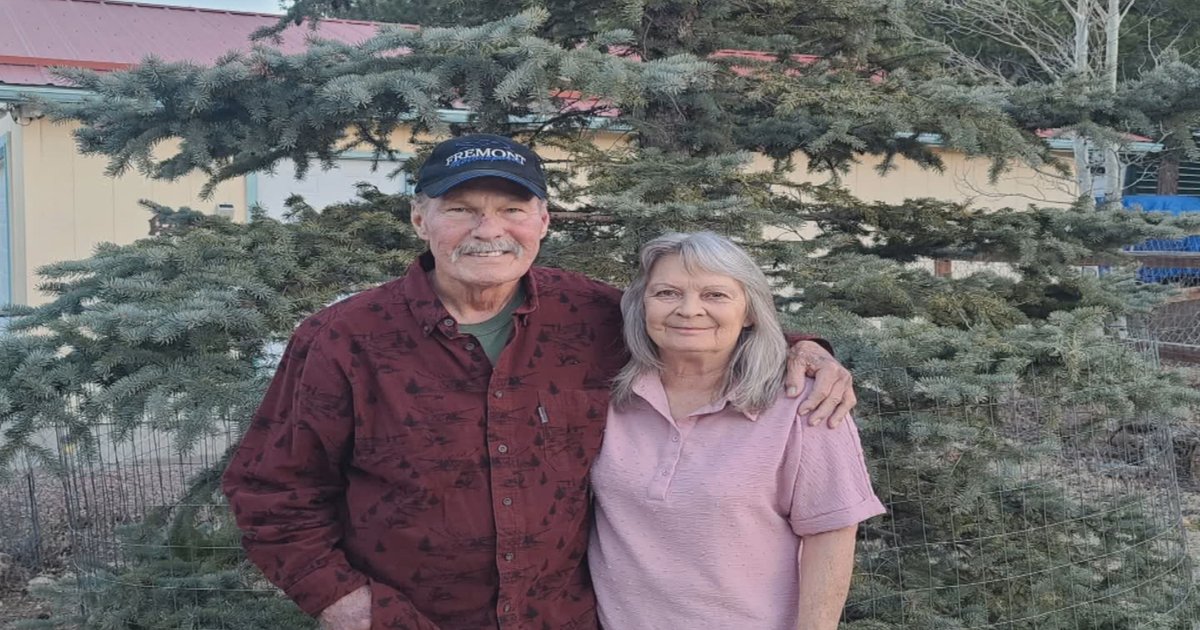Hemolung's FDA Fight
PITTSBURGH (KDKA) -- Cystic fibrosis destroyed Jon Sacker's lungs, and he was rejecting his first transplant.
An artificial lung called the Hemolung was the only option left for someone as sick as Jon until another transplant could be done. His wife jumped at the chance.
"If I don't choose this, I'm going to have to let him go," says Sallie Sacker. "I don't want ever to let him go. So, I wasn't ready for that.
Jon is the first person in the United States to get the Hemolung.
Blood from the patient goes into the device and gets spun against a membrane, where, as in an actual lung, oxygen goes in and carbon dioxide comes out.
This device, developed in Pittsburgh, has been used in 29 countries, in 111 patients, and is approved for use in Canada and Europe, but not the United States.
"The FDA has the most complex and challenging process for approval of all countries in the world," says ALung Technologies chief executive Peter DeComo.
Because of this, Jon's doctors had to apply for emergency compassionate use through UPMC's Institutional Review Board.
"The physician, in this case, Dr. Bermudez, needs to indicate that there are no other options available to save the life of this patient," says DeComo.
Within 24 hours, the doctors got the go ahead. The company's chief executive had to drive to Canada to get a device.
"I'm sure that was an interesting experience bringing in a new device with no approval to the FDA to be used in a human, but he was able to get it in, and we were fortunate enough to get trained within a few hours," says Dr. Christian Bermudez, a cardiothoracic transplant surgeon at UPMC.
"Once Jon was connected to the device, we had to provide frequent updates to the FDA relative to the performance of the device, whether we were having any adverse events, and the clinical condition of the patient," explains DeComo.
After 20 days on the hemolung, Jon got his rescue transplant in March.
"Without them going ahead, I wouldn't be here," says Jon Sacker..
The device maker expects another three to five years before the FDA approves it.
RELATED LINKS
Pittsburgh-Developed Medical Device Saves Oklahoma Man
More Health News
Join The Conversation, Like KDKA On Facebook
Follow KDKA On Twitter







